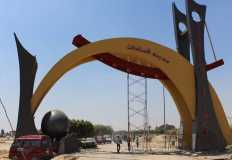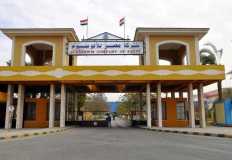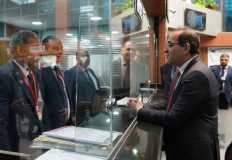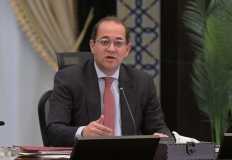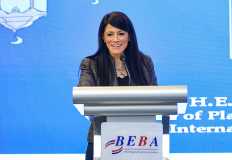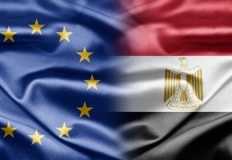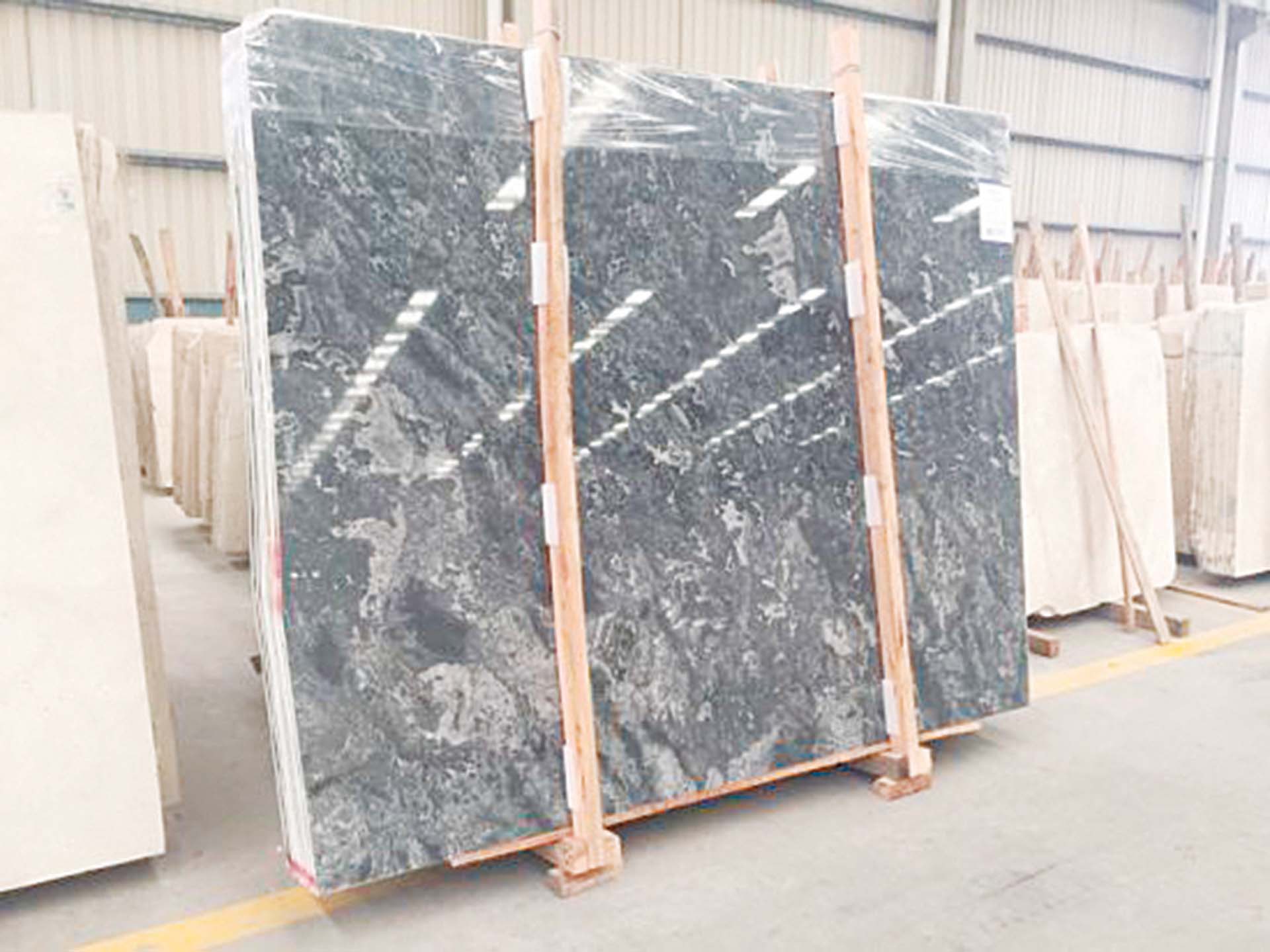
Mohammed Aref, Head of the Marble and Granite Division at Cairo’s Commercial Area and President of the Egyptian-African Association for the Marble and Granite Industry, emphasized the government's strong push to leverage Egypt's abundant natural resources. President Sisi has highlighted the importance of attracting investment to the mining sector, which can significantly boost exports, create jobs, localize industries, and increase the value-added of mineral resources.
Aref confirmed that the opening of a new quartz production plant in Ain Sokhna, a first for Egypt, the Arab world, and Africa, marks a significant leap in the mining sector. This project will add value to quartz ore, create 2,000 indirect and 600 direct job opportunities, contribute to the national economy, and save foreign currency by exporting value-added products.
He explained that processing quartz domestically significantly increases its value compared to exporting raw. He pointed out that while raw quartz is worth $20 per gram, processed quartz can fetch $100 per gram. Egypt's self-sufficiency in quartz production has eliminated the need for imports. The Ain Sokhna plant, certified with 5 ISO standards, produces high-quality quartz, especially the coveted white quartz, which is in high demand, particularly from Gulf countries.
He affirmed in press statements today Thursday that Egypt's rich history, evident in its ancient pharaonic carvings, showcases its abundance of quartz. Egypt has recently paid more attention to quartz manufacturing and the establishment of quartz production plants, used in vital industries, such as being a primary source for glass manufacturing, electronic chips for computers and cars, as well as solar cells. It is also used in the composition of windows, doors, and glasses. Due to its unique electrical properties, it is used in electronic products. Quartz sand is used in making heat-resistant bricks due to its high heat tolerance and is also used in smelting metals.
Aref added that quartz sand is
highly resistant to breakage, making it suitable for hydraulic fracturing
processes used in the oil and gas industry. It is also used in the
manufacturing of rubber, paints, and adhesives, as well as in the railway and
mining industries.
Quartz is an essential material
in the manufacturing of precise timekeeping tools and equipment, and it can
transmit radio and television signals at precise and stable frequencies.
Additionally, it is used in the manufacturing of jewelry, gemstones, thermal
materials, and glass laboratory equipment.
Aref explained that Egypt has the largest quarry, producing approximately 40 million tons annually, with reserves sufficient for about 100 years. Quartz, primarily composed of silica, exists in various forms, including large-crystal and microcrystalline. As one of the most abundant minerals on Earth, quartz is a fundamental component of the Earth's crust.
